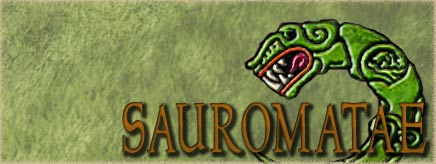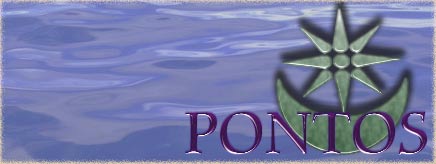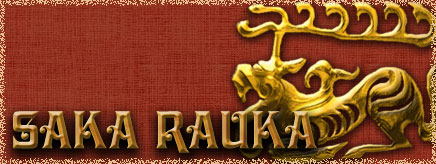any at all? I'm reading Xenophon's Anabasis and have been reading some other Greek works (the normal Sophistries) and i'm finding myself inspired to start learning Ancient Greek.
I know it's completely independant in the Indo-European family with only some Latin loanwords and the typical Indo commonalities (Mater/Pater and probably Mord) but is there ANY transferrence to Modern Greek? I am fine with learning Latin as 1) it's a rich tradition in akademia 2) great transferrence to other languages 3) I feel it can come back as a standard second language despite its short lull as such
BUT
ancient Greek has none of those qualities, it's just for reading ancient Greek and that's it!
any Hellenes or learners have advice?
what books? resources?
I hope I don't start a pronunciation battle to end all




 Reply With Quote
Reply With Quote

























Bookmarks